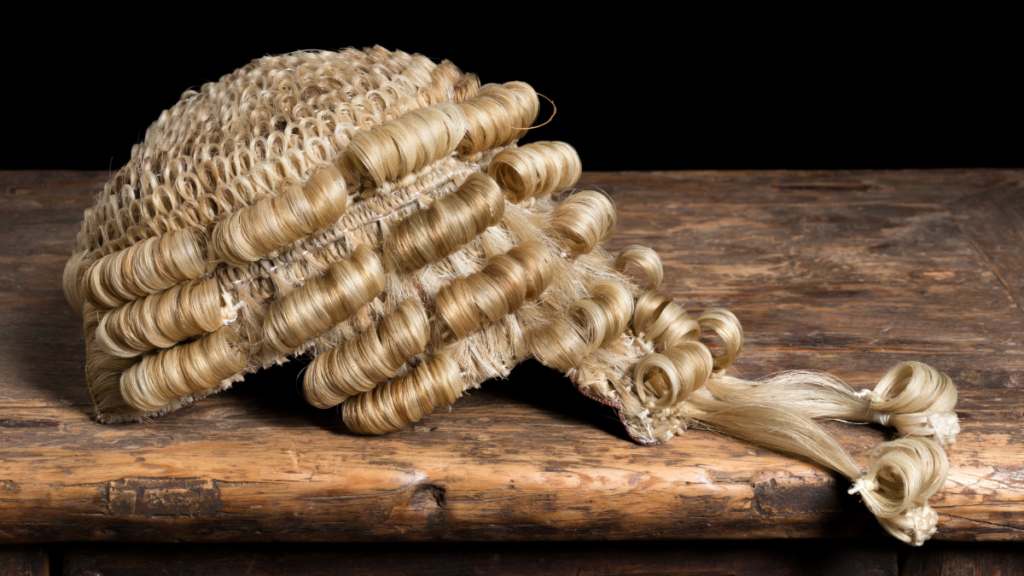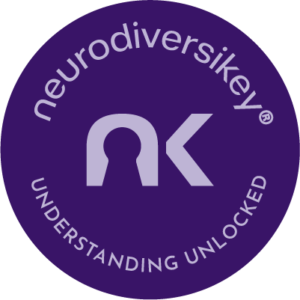The Pupil Survey 2024

Read on to find out more about the results of the Bar Council’s Pupil Survey 2024, and why they matter for neurodivergent people.
The Bar Council released the results of its 2024 Pupil Survey – the third of its kind – on 12th March 2024. Despite the sunny overview of ‘“Gold standard training” – more than 8 in 10 have a positive pupillage experience, report finds’, the results painted a very different picture for disabled pupils which strongly emphasised the need for neurodiversikey®’s unprecedented surveys. The Pupil Survey results revealed disparities between disabled and non-disabled pupils which frankly should have caused an uproar we are yet to witness. 22% of the 173 respondents identified as disabled, who were worse off in a number of areas: quality and quantity of supervision; satisfaction with pupillage experience; thoughts on early career; drawbacks to a career at the bar; recommending a career at the bar; support; bullying, harassment and discrimination.
Quality and quantity of supervision
Across both in-person and remote supervision, compared to their non-disabled counterparts, disabled pupils were more likely to be i.e. ‘unhappy’ or ‘very unhappy’. 15% and 6% of disabled pupils reported being ‘unhappy’ and ‘very unhappy’ respectively with the in-person supervision they received, compared to 2% and 1% respectively of non-disabled pupils. In respect of remote supervision, 3% of non-disabled pupils reported being ‘unhappy’ or ‘very unhappy’ compared to 21% of disabled pupils.
Pupillage experience satisfaction
In comparison to 22% of disabled pupils, just 3% of non-disabled pupils reported having a negative experience of pupillage.
Early career thoughts
On career viability, unlike their non-disabled counterparts – 2% of whom saw a career at the bar as ‘not viable’ and 28% ‘somewhat viable’ – 53% of disabled pupils saw a career at the bar as either ‘not viable’ (9%) or only ‘somewhat viable’ (44%).
Career drawbacks
Disabled pupils were more likely to mention the lack of work/life balance and culture at the bar in relation to career non-viability (50% and 24% respectively, compared to 19% and 4% respectively of non-disabled pupils).
Career recommendation
The Pupil Survey results paint a dismal picture of being disabled at the bar. It didn’t ask about neurodivergence, only disability. But our surveys do, and we anticipate the results will not be any brighter. However, in order to draw conclusions about the bar beyond generalised conclusions about legal education, training, and practice, we need more responses from neurodivergent pupils and barristers who remain underrepresented.
Support
When it came to support, disabled pupils were once again left behind with non-disabled pupils more likely to feel better supported. 38% and 52% of non-disabled pupils felt ‘quite well supported’ or ‘very well supported’ respectively, compared to just 29% and 38% of disabled pupils.
Bullying, harassment, and discrimination
Saving the most horrifying statistics for last, we move on to bullying, harassment, and discrimination. 26% of all respondents had either experienced or observed bullying, harassment, or discrimination, 25% of which said it was linked to disability. Worse still, a shocking 41% of disabled pupils experienced bullying, harassment or discrimination, highlighted further in comparison to only 13% of non-disabled pupils.
One respondent wrote: “Complete lack of reasonable adjustments or discussion around “hidden” disabilities/neurodiversity, particularly compared to visible/physical disabilities.”
The Pupil Survey results highlight significant problems at the bar for disabled pupils, and it is safe to assume these problems do not disappear with tenancy. The findings echo those of the Legally Disabled? research four years ago which suggested “a significant proportion of disabled people in the legal profession have experienced forms of ill-treatment, bullying, or discrimination” mostly linked to their disability. The parallels with the Legally Disabled? Research are eerie – one respondent said: “I have been told that if I am unable to undertake work without reasonable adjustments then I am not up to being a barrister and should re-assess.”
So, what progress has been made in those four years, and respect of the Pupil Survey, what will be done to tackle the issues which disproportionately affect disabled pupils? Where is the outrage and uproar about disabled people still not being given an equal footing in 2024?
Disability is the poor cousin of the DEI family, and the legal sector’s efforts for disability equity or equality continue to lag behind those in respect of disability’s cousins. It is no wonder then, that neurodiversity falls even further behind. The results of the Pupil Survey stress the need for neurodiversikey®’s unprecedented surveys to get a better picture of neurodiversity and neuroinclusion in the legal sector.
We suspect that the results of our surveys for neurodivergent people will be equally if not more dismal compared to the wider group of disabled people. However, responses from pupils and barristers are currently underrepresented. We are therefore urging neurodivergent pupils and barristers in particular to please complete the survey before closure on 10 April.
If you are not eligible please share widely.
Go to the surveys page for more information or to take part.
Bar Council (12 March 2024) ” “Gold standard training” – more than 8 in 10 have a positive pupillage experience, report finds” available at: https://www.barcouncil.org.uk/resource/gold-standard-training-more-than-8-in-10-have-a-positive-pupillage-experience-report-finds.html
Foster, D., Hirst, N. (2020) “Legally Disabled? The career experiences of disabled people in the legal profession in England & Wales: developing future strategies.” Cardiff University, available at: http://legallydisabled.com/research-reports/

neurodiversikey®
1 April 2024
